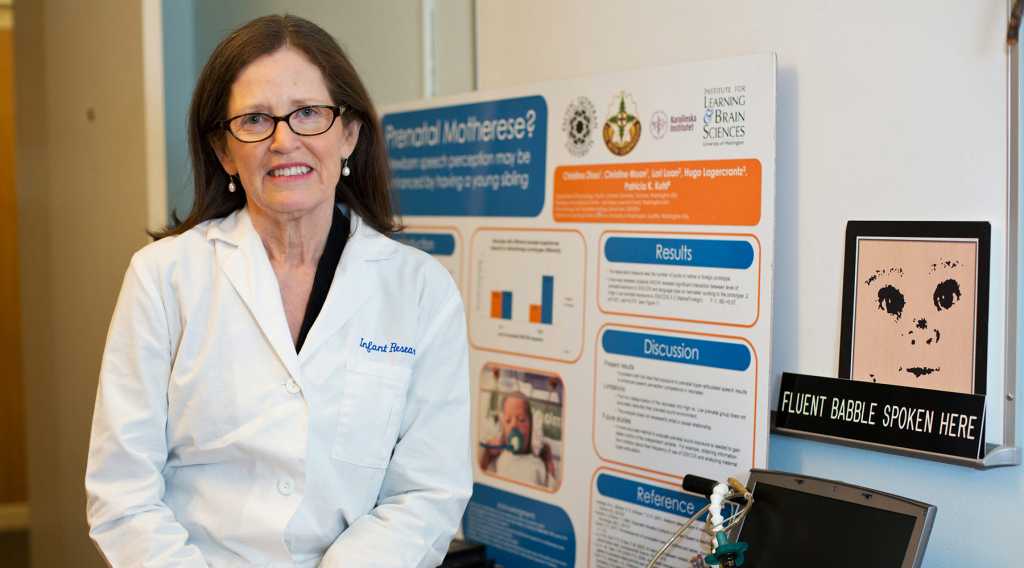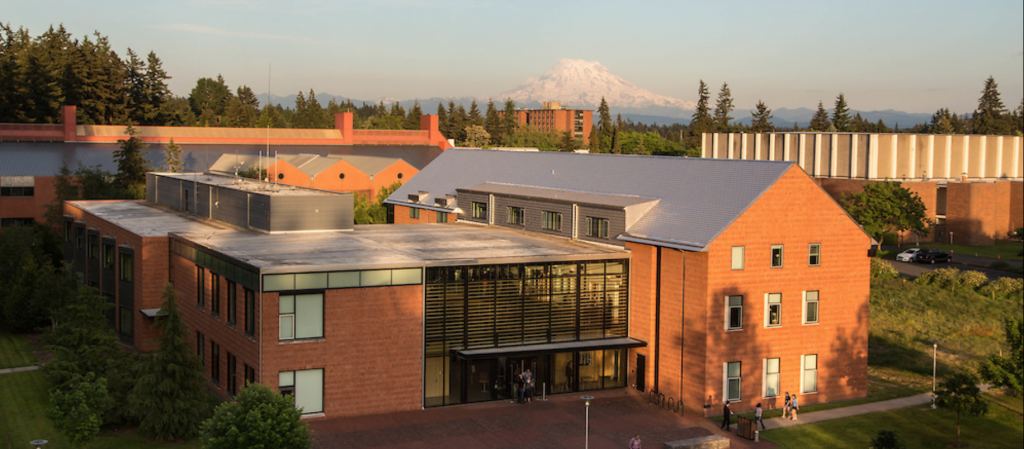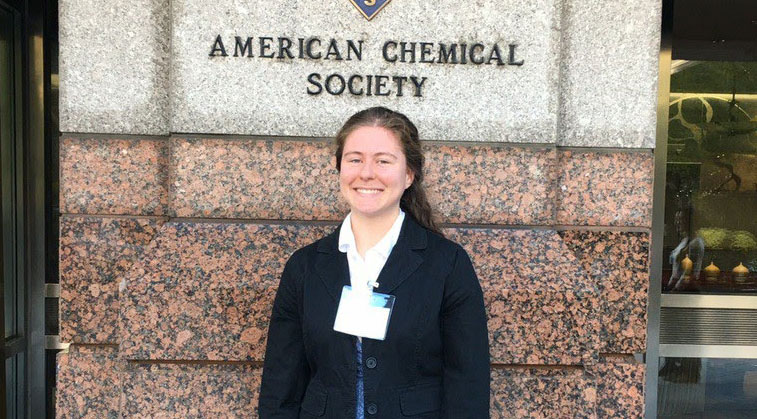Page 49 • (3,732 results in 0.036 seconds)
-

Babies learning in the womb ‹ Resolute Online: Spring 2015 Home Features Germany J-Term Women’s Center at 25 Jehane Noujaim It’s On Us Attaway Lutes Editor’s Note On Campus Discovery Research Accolades Lute Library Blogs Alumni News Alumni Profiles Homecoming 2015 Twin Cities ‘Waste Not’ Seattle Connections Easter Egg Hunt Night at the Rainiers Alumni Events Class Notes Family and Friends Submit a Class Note Calendar Home Features Germany J-Term Women’s Center at 25 Jehane Noujaim It’s On Us
-
Sociology Major Learning Outcomes Students will be able to formulate sociological research questions. Students will be able to utilize sociological research methods to collect data. Students will be able to analyze data with appropriate sociological data analysis methods. Students will be able to create a theoretically informed argument, integrating sociological ideas to develop nuanced perspectives on social issues. Students will be able to critique systems of social and economic
-
theory, operations research, partial differential equations, topology, transform methods, abstract algebra, analysis. May be taken more than once for credit. Prerequisites: vary depending on the topic. (1 to 4) MATH 487 : Special Topics in Mathematics To provide undergraduate students with new, one-time, and developing courses not yet available in the regular curriculum. The title will be listed on the student term-based record as ST: followed by the specific title designated by the academic unit. (1
-
organizations, qualitative contextual research methods and various topics of practical theology, including homiletics. His recent research focuses on how to discern and use local theological claims in congregations, and on the recovery of phronesis (practical judgment) within and for theological education. Nieman has deep roots in the Pacific Northwest. After graduating from PLU, he earned his Master of Divinity degree from Wartburg Seminary and was ordained as a pastor in the American Lutheran Church in
-
the math placement exam. (4) STAT 231 : Introductory Statistics - QR Descriptive statistics: measures of central tendency and dispersion. Inferential statistics: generalizations about populations from samples by parametric and nonparametric techniques. Methods covered will include estimation, hypothesis testing, correlation analysis, regression, chi square, and ANOVA analysis. Includes a required computer lab. May not be taken for credit after MATH/STAT 242 has been taken. (4) STAT 232
-

, she likes to watch Netflix, shop, or have an in-home spa! With a background in numbers, she is excited to have experience with both qualitative and quantitative research. “I hope to blend numeric skills such as dealing with numbers and running data on programs with some “softer” skills such as qualitative techniques since I do not want to heavily focus on just one side. I want I get the best of both worlds.” Viet LêViet, also from Vietnam, graduated from Seattle University with Bachelor of Arts in
-
healthcare and mental healthcare settings. (4) SOCW 532 : Social Work Research Methods Social work relies on careful collection and analysis of quantitative and qualitative data to answer theoretical, empirical, and applied research questions. This course will introduce students to methods of data collection and analysis in social work and provide students with the tools to engage in this central component of scientific inquiry. This course lays the foundation for social research, including an
-
design, and qualitative methods to conduct research. Upon completion, students should be able to critique, understand, and conduct research about politics. Prerequisite: POLS 251. (4) POLS 345 : Government and Public Policy - ES An integrated approach to the nature of public policy, with emphasis on substantive problems, the development of policy responses by political institutions, and the impacts of policies. Intensive writing course. (4) POLS 346 : Environmental Politics and Policy - ES, GE An
-

Aminda Cheney-Irgens ’20 on her chemistry and Hispanic studies double major, research in Puerto Rico, and preparing for graduate school Posted by: Marcom Web Team / May 20, 2020 Image: Aminda Cheney-Irgens ’20 visits the American Chemical Society. May 20, 2020 By Lisa Patterson '98Marketing & Communications Guest WriterAminda Cheney-Irgens is a smart, driven, and globally-minded Pacific Lutheran University senior who, like her peers, spent her spring adjusting to a new way of doing college
-
Graduate Programs & Research in the Department of Physics and Applied Physics at the University of Massachusetts Lowell. Posted by: nicolacs / January 4, 2021 January 4, 2021 The UMass Lowell Physics Department is a leader in nuclear physics, radiation science, terahertz technologies, advanced materials, photonics device fabrication techniques, and biomedical photonics applications. Our campus is located twenty-five miles northwest of Boston, with a student population of over 18,500. We have 30
Do you have any feedback for us? If so, feel free to use our Feedback Form.


